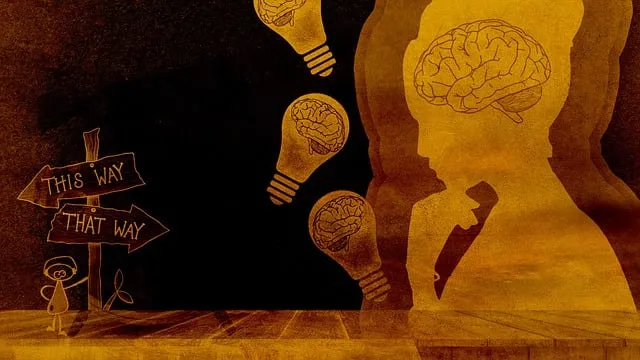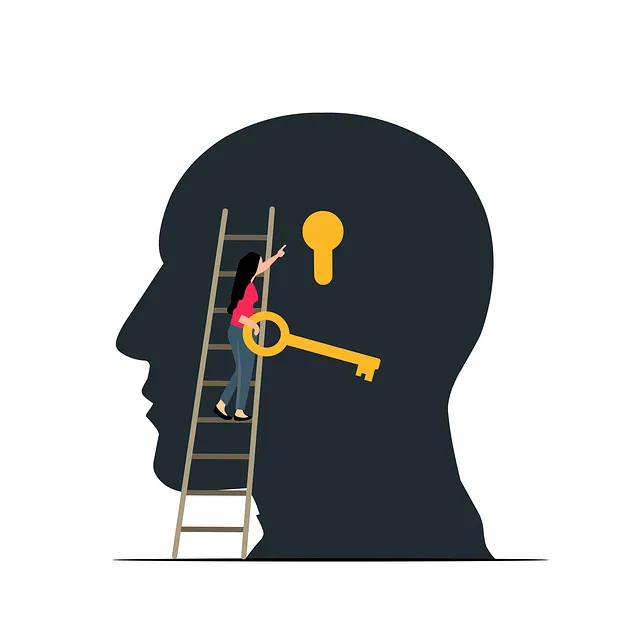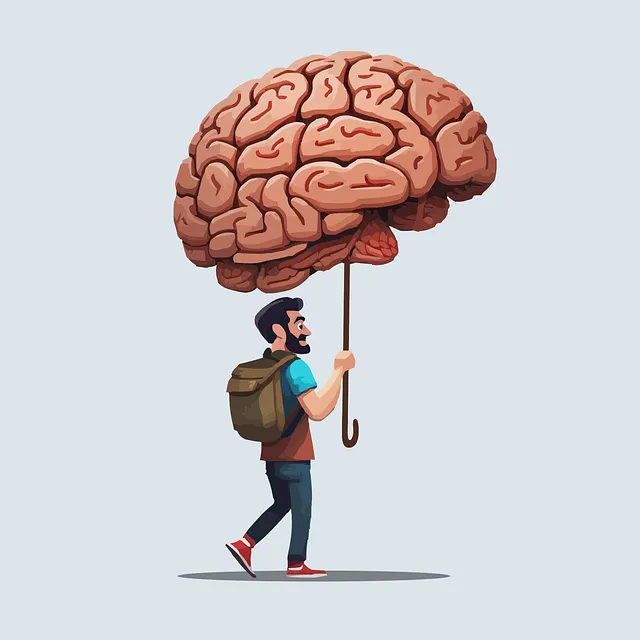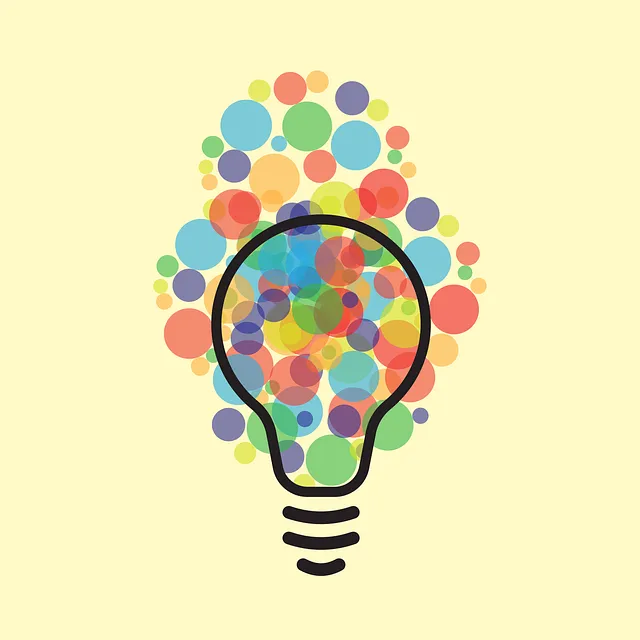Emotional Intelligence (EQ) is a powerful tool for personal and professional growth, accessible through Northglenn Kaiser Permanente's expert psychiatric services. By cultivating self-awareness, practicing mindfulness meditation, fostering empathy, and engaging in daily self-reflection, individuals can enhance EQ, improve communication, mental health, and emotional resilience. Reach out to the Northglenn Kaiser Permanente psychiatry phone number for guidance on these practices and support for navigating life's challenges.
Emotional intelligence (EI) is a powerful tool for personal and professional growth, offering profound benefits in various aspects of life. This article guides you through an exploration of EI, starting with understanding its fundamentals and its potential impact on mental well-being. We delve into the crucial role of self-awareness in mastering emotions and discuss strategies to enhance empathy, fostering deeper connections. Additionally, practical tips for daily application are provided, ensuring continuous development. For those seeking expert guidance, the Northglenn Kaiser Permanente psychiatry phone number offers valuable resources.
- Understanding Emotional Intelligence: Unlocking Its Potential
- The Role of Self-Awareness in Building Emotional Intelligence
- Enhancing Empathy: Connecting with Others on a Deeper Level
- Practical Strategies for Daily Application and Continuous Growth
Understanding Emotional Intelligence: Unlocking Its Potential

Understanding Emotional Intelligence (EQ) is the first step towards unlocking its immense potential. EQ refers to an individual’s ability to recognize, understand, and manage their own emotions, as well as empathize with and navigate the feelings of others. This crucial skill set isn’t just about being sensitive; it empowers individuals to build stronger relationships, make thoughtful decisions, and effectively handle challenging situations.
For those seeking support in enhancing their emotional intelligence, resources like Northglenn Kaiser Permanente’s psychiatry services can provide expert guidance. These professionals offer valuable insights into stress reduction methods and crisis intervention techniques, helping individuals cultivate a deeper understanding of themselves and others. By integrating these practices, one can improve communication, foster better mental health, and navigate life’s complexities with enhanced emotional resilience.
The Role of Self-Awareness in Building Emotional Intelligence

Emotional intelligence building begins with cultivating self-awareness—a cornerstone highlighted by experts at Northglenn Kaiser Permanente psychiatry services. Understanding your emotions and their impact on thoughts and behaviors is foundational to effective emotional regulation. This introspective practice allows individuals to recognize triggers, manage stress, and adapt to challenging situations, thereby fostering inner strength development.
Self-awareness, when combined with practices like mindfulness meditation, can significantly enhance emotional intelligence. Regular mindfulness exercises help individuals stay grounded in the present moment, observe their emotions without judgment, and develop a deeper understanding of their needs and desires. This process encourages resilience building, enabling folks to navigate life’s complexities with greater poise and adaptability.
Enhancing Empathy: Connecting with Others on a Deeper Level

In today’s fast-paced world, fostering connections with others on a deeper level can seem challenging. However, enhancing empathy is a crucial aspect of emotional intelligence building, and it begins with understanding and sharing another person’s feelings or perspective. This process, often facilitated through Compassion Cultivation Practices, allows individuals to navigate relationships more effectively. By cultivating empathy at Northglenn Kaiser Permanente psychiatry phone number locations, patients can improve their communication skills, leading to stronger bonds with family, friends, and colleagues.
Empathy isn’t just about feeling for someone; it’s about actively listening, observing, and responding with genuine care. Incorporating practices that promote emotional regulation and self-care routine development for better mental health plays a significant role in this process. Through these efforts, individuals can create a supportive environment where empathy thrives, fostering meaningful connections and enhancing overall well-being.
Practical Strategies for Daily Application and Continuous Growth

Building emotional intelligence (EI) is a continuous journey that requires consistent practice and commitment. Practical strategies for daily application can significantly enhance one’s ability to understand and manage emotions, both their own and others’. Start by cultivating self-awareness through regular reflection and journaling—taking time each day to acknowledge your feelings and the triggers behind them. This practice enables you to recognize patterns and gain valuable insights into your emotional responses.
Additionally, fostering healthy relationships acts as a powerful catalyst for EI development. Engage in active listening during conversations, focusing on understanding others’ perspectives and emotions. Practice empathy by putting yourself in someone else’s shoes, which not only strengthens bonds but also expands your emotional vocabulary. Remember, resources like Northglenn Kaiser Permanente psychiatry services and Trauma Support Services can provide expert guidance and support when navigating mental health challenges, ensuring continuous growth in emotional intelligence.
Emotional intelligence is a powerful tool for personal growth, and by understanding its components, we can unlock our full potential. Incorporating self-awareness, empathy, and practical strategies into daily life fosters meaningful connections and enhances overall well-being. For those seeking support in this journey, consulting with professionals like those at Northglenn Kaiser Permanente’s psychiatry department can provide valuable guidance and resources. Remember, continuous learning and self-reflection are key to mastering emotional intelligence and navigating life’s challenges with resilience.






